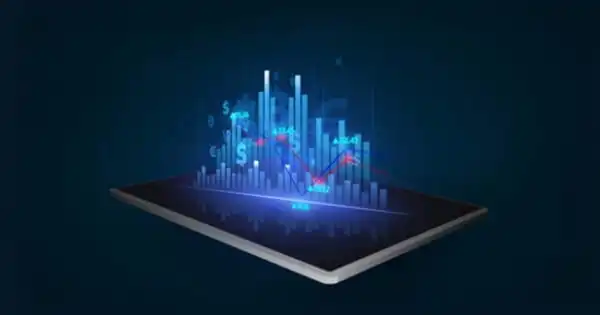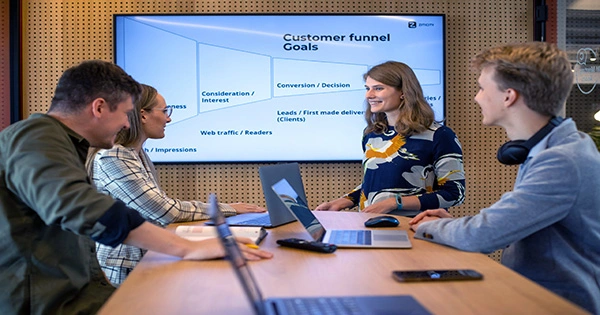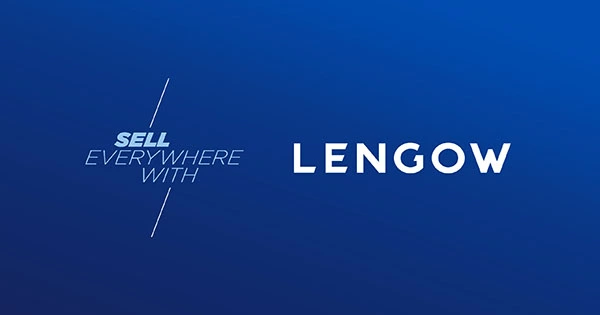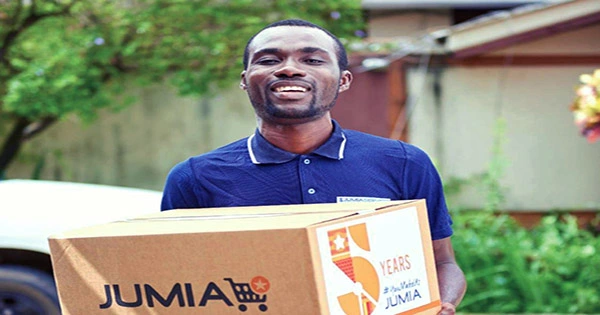As people become increasingly concerned about the environment and what we humans are doing to dirty it, a rising number of individuals are seeking for methods to live more sustainably. Grover, a startup that has built a business around enticing people to buy and eventually discard fewer consumer electronics such as phones, monitors, and electric scooters by offering them attractive subscriptions to use their stock of new or used gadgets instead, has announced a large round of funding to expand its business.
The Berlin-based company has raised $330 million — $110 million in equity and $220 million in debt — which it plans to use to expand its device stock as it prepares for increased user growth; build out more tools and financial services to personalize the experience for individuals in order to encourage more business on its platform through schemes like loyalty programs; and drive deeper into big markets like the United States.
Co-Investor Partners, Korelya Capital, LG, Mirae Asset Group, and prior backers Viola Fintech, Assurant, and coparion are heading the equity component of the Series C, with previous backers Viola Fintech, Assurant, and coparion also participating. The debt is provided by Fasanara Capital. The debt-to-equity ratio is common for a firm growing a leasing business, and it’s the same strategy Grover used to fund $71 million for its Series B round a year ago. Grover is valued at over $1 billion, according to the corporation.
Grover has been steadily growing in recent years, with CEO and founder Michael Cassau claiming that in the last year, Grover doubled subscriptions and business across its footprint of Germany, Austria, the Netherlands, Spain, and, most recently, the United States, with half a million items in its catalog available for subscription, 2 million registered users, and 250,000 active customers (some are subscribing to use more than one gadget). This expansion has been fueled by a number of market dynamics.
The first is a push for more sustainability and a new appreciation for the so-called “circular economy” approach, which was sparked not only by heightened awareness of environmental issues but also by a shift toward mutual support during COVID-19, when many people were communicating (sometimes for the first time) with those living nearby, sharing resources to get through the pandemic’s difficulties. Those resources were sometimes used things that were passed on or sold inexpensively to others; for many individuals, it opened the door to a new way of thinking.
A second trend, a tightening in the global economy, which driven consumers to contemplate spending less on some discretionary things, has accelerated this collective shift. In an interview with TechCrunch, Cassau said, “We see ourselves as simplifying access to a chunk of your money.” And the idea of spreading out the cost of a good that has been used but is still in good condition appears to be more appealing now than it was previously.















